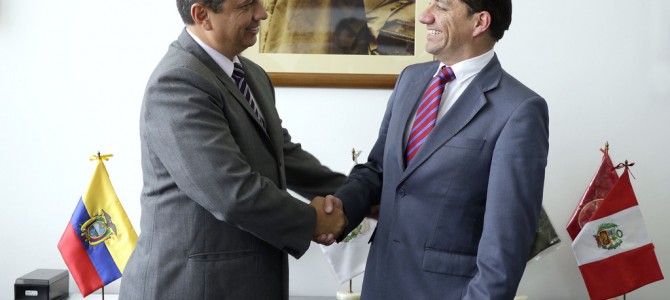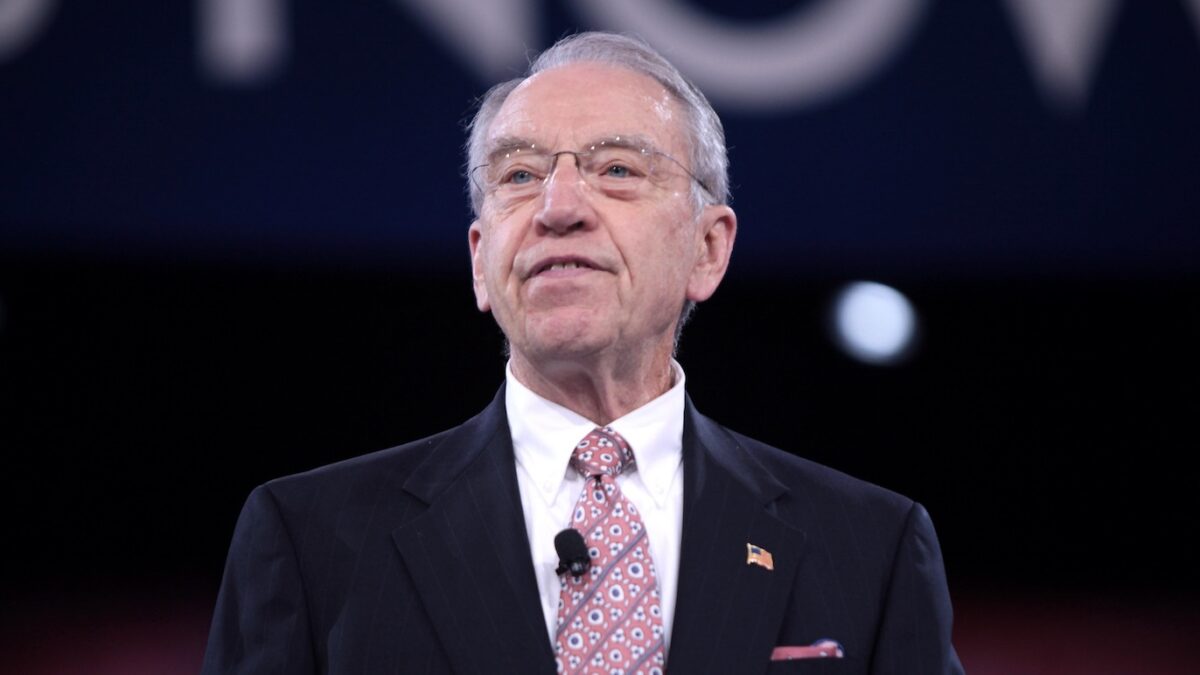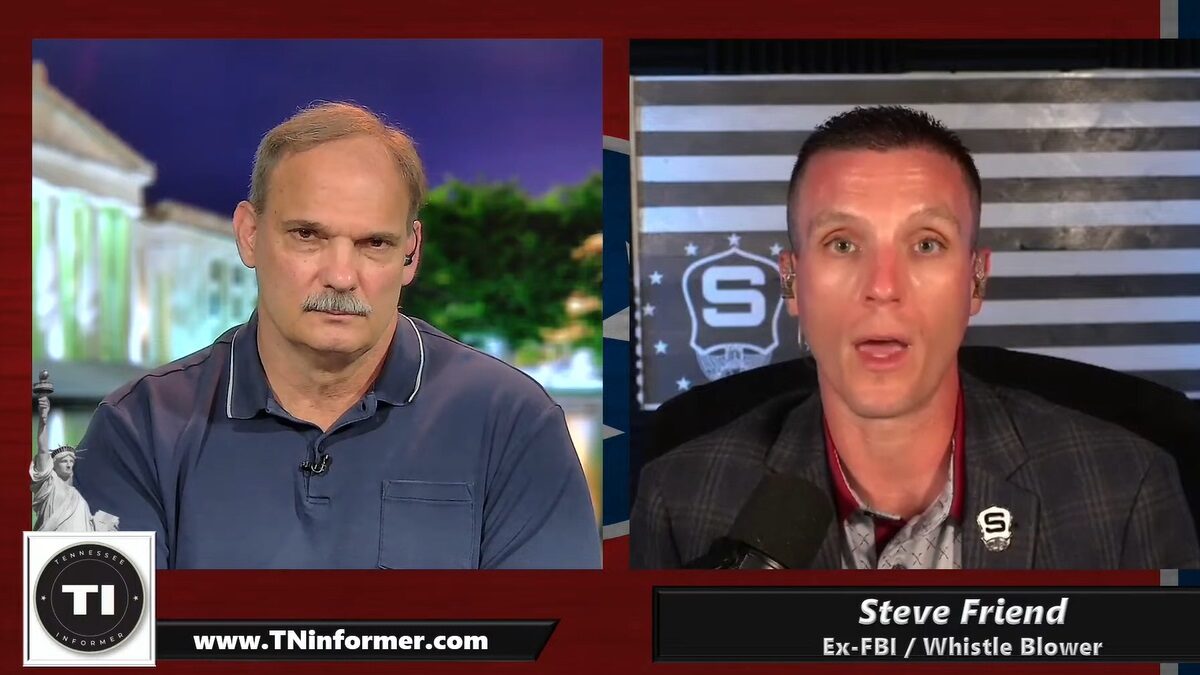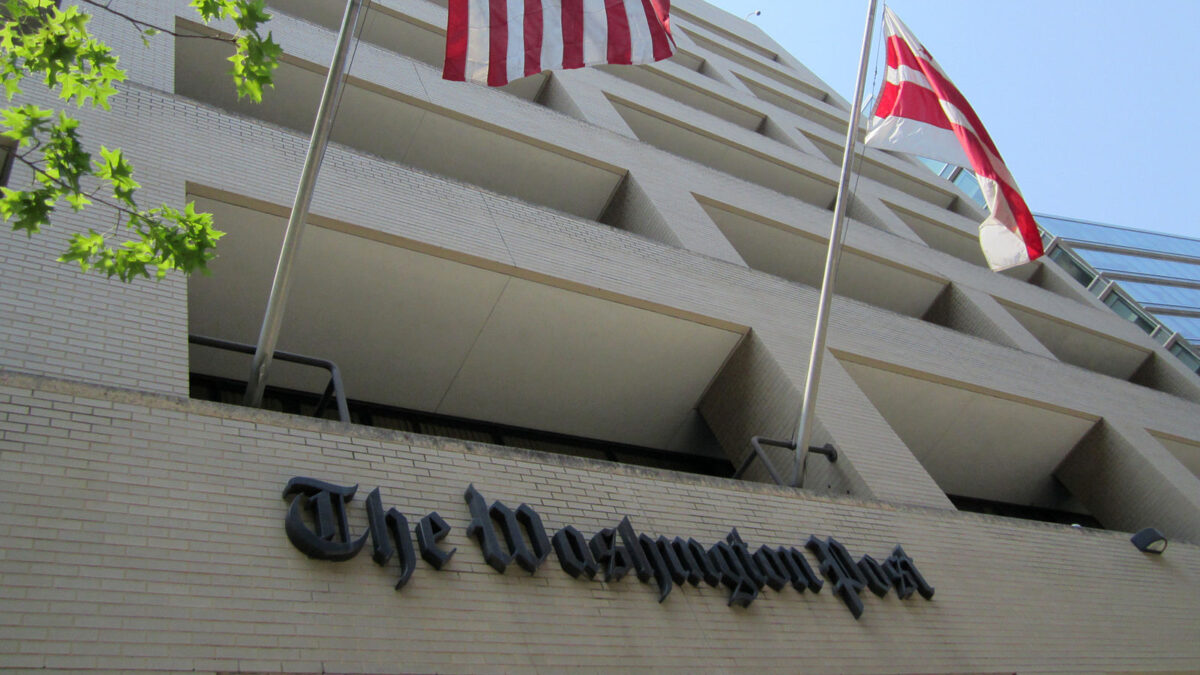When Latin America lost Venezuelan President Hugo Chavez last year, Ecuadorian President Rafael Correa stepped in to fill the gap as socialism’s godfather. But Correa’s aspirations are coming at a huge price for Ecuador and its people.
While Chavez lavishly doled funds from his petrodollar-stocked treasury to promote authoritarian socialism throughout the region, Ecuador has merely one-fourth of Venezuela’s gross domestic product, and its proven oil reserves are only 3 percent of what Chavez could tap. Without large national revenues, how can Ecuador’s tyrant match Venezuela’s?
A shakedown—which is exactly what Ecuador’s legal system has done to Chevron.
During his campaign and time in office, Correa vociferously advocated for the lawyers who filed a lawsuit against Chevron Corp. The questionably “indigenous peoples” they represented claimed that Texaco, bought out by Chevron in 2000, created hundreds of toxic waste pits and illegally dumped billions of gallons of pollutants until 1992. Since then, the Ecuadorian state oil company Petroecuador has continued to drill in the region—including many new wells—and has one of the worst environmental records in Latin America.
Reports at first indicated Chevron could face a $100 billion judgment—three times the 2013 Ecuadorian national budget. In February 2011, an Ecuadorian trial court ruled that Chevron must pay $19 billion. On appeal, the national Supreme Court reduced the fine to $9.5 billion.
For Correa, Chevron looked like an easy target—a rich, American oil company that, as of 2012, was described by Forbes as having “$21.5 billion in cash burning a hole in its pocket.” An aspiring socialist thug could not dream of a better target. Certainly publicly bullying a big bad American company would earn Correa “street cred” among his fellow socialists while putting billions into his treasury.
Correa’s government even enlisted U.S. socialist celebrity Mia Farrow and paid her talent agency $188,000 to help in its fight.
Chevron Fought Back
But so far it has not gone according to plan for Correa. Chevron did not cower or quietly settle. Instead, it fought back against the trumped-up suit. In 2011, Chevron sued the plaintiff’s lawyers in U.S. federal court using the same federal racketeering laws that the Department of Justice often cites when prosecuting the Mafia—and Chevron’s allegations are very similar.
Chevron fought back against the New York City-based plaintiffs’ lawyer Steven Donziger and his questionably Ecuadorian clients. It also named the Amazon Defense Front, Selva Viva, and Stratus Consulting, a Boulder, Colo.-based consulting firm retained by the plaintiffs’ lawyers.
Chevron showed that the Ecuadorian plaintiff’s legal team “secretly prepare[d] a damages report that was then presented as having been written by an allegedly independent, court-appointed expert.” The company also said the scheme amounted to an extortion racket “using the pendency of a lawsuit in Lago Agrio, Ecuador, directed and funded by American trial lawyers and their allies.”
Last spring, Chevron won a decisive victory. Judge Lewis Kaplan, a Clinton appointee best known for presiding over the Gambino family trials, issued a key ruling. He said that the $9.5 billion judgment from the Ecuadorian Supreme Court against Chevron could not be cited in U.S. cases. Kaplan said “justice is not served by inflicting injustice” and that Ecuador’s ruling “was obtained by corrupt means.”
So Far, a Happy Ending
In fact, it was revealed that the former Ecuadorian judge who issued the $19 billion judgment (and wore an Angry Birds cap throughout the trial in Manhattan), Nicolas Zambrano, was promised $500,000 for the verdict.
The fight’s collateral damage torpedoed Patton Boggs, a firm at the forefront of litigation and lobbying for a half century. Randy Mastro, a former mob prosecutor who represented Chevron, explained that simple greed lay behind the fraud and extortion. He said, “A firm getting a contingency fee on $18.2 billion will do a lot of things that shock the conscience.”
It also shocked the court. Patton Boggs agreed to withdraw from the Ecuador case, pay $15 million and their stake in the suit to Chevron, and issue a public apology. But their woes did not end there. The firm lost two of its partners (two-fifths of its lawyers) and was absorbed by the Cleveland firm Squire Sanders.
Meanwhile, Correa’s other vendettas have started eroding his reputation. The Ecuadorian Association of Newspaper Publishers blasted his administration for filing a corrupt lawsuit against the opposition paper El Universo. Although later dropped, Correa did not admit fault, saying “there is forgiveness, but it will not be forgotten.”
Gangsters often wear a populist façade to shroud their ruthless ambitions for power. Their methods differ, but at the end of the day, they always adopt the tactics of the archetypical schoolyard bully. Correa’s weapon of choice, whether trying to bully Chevron or his own free press, is falsehood-filled lawsuits.
Luckily, so far, the world has generally seen through Correa’s shenanigans.









